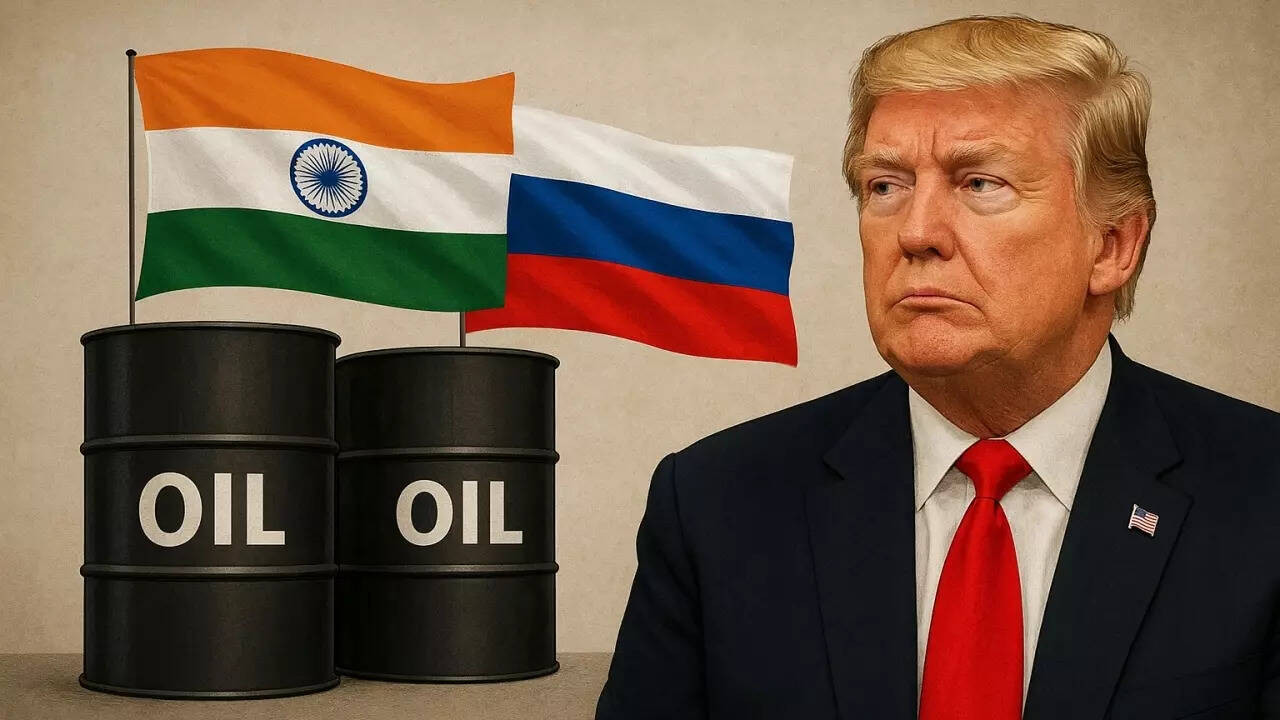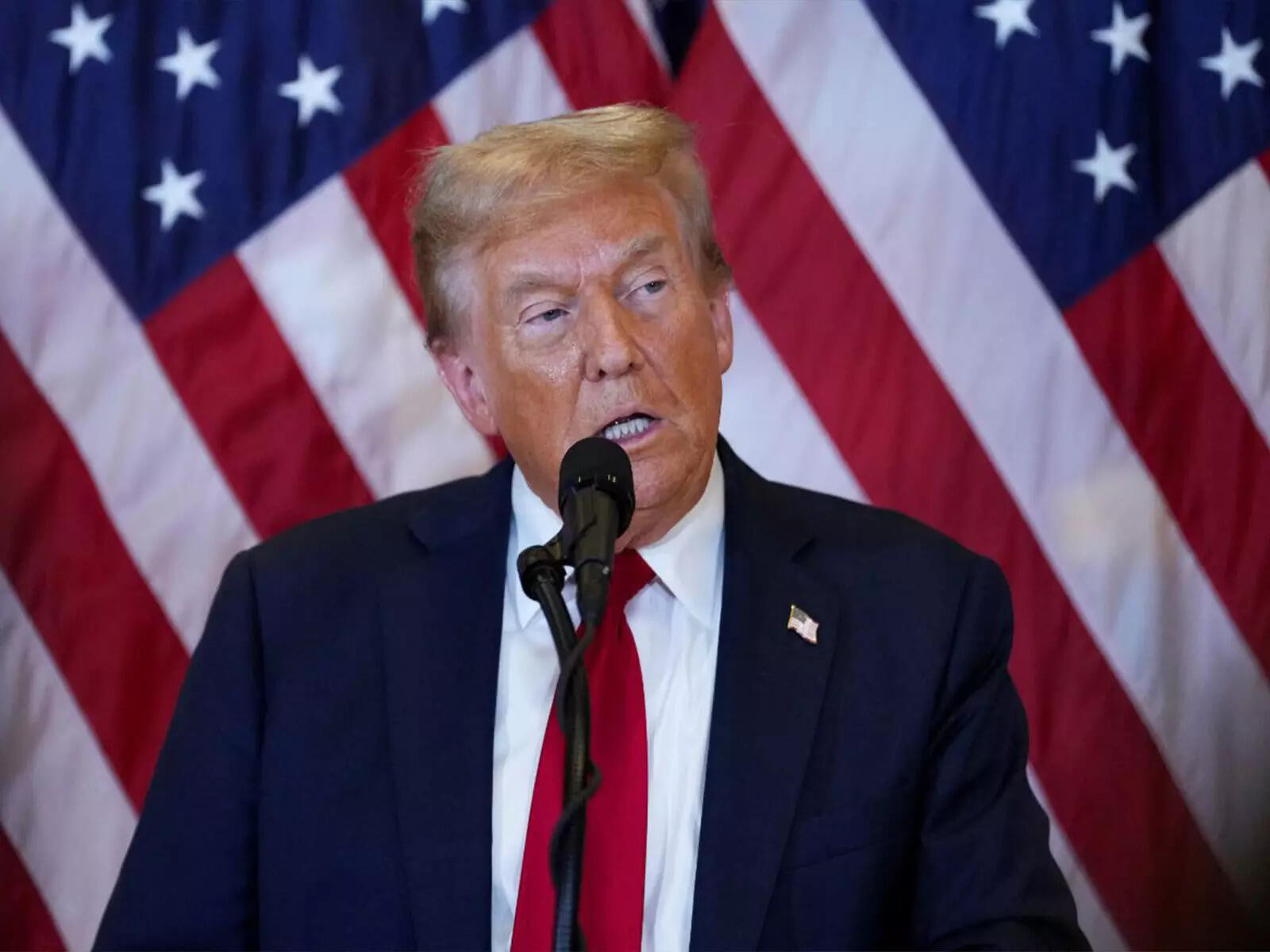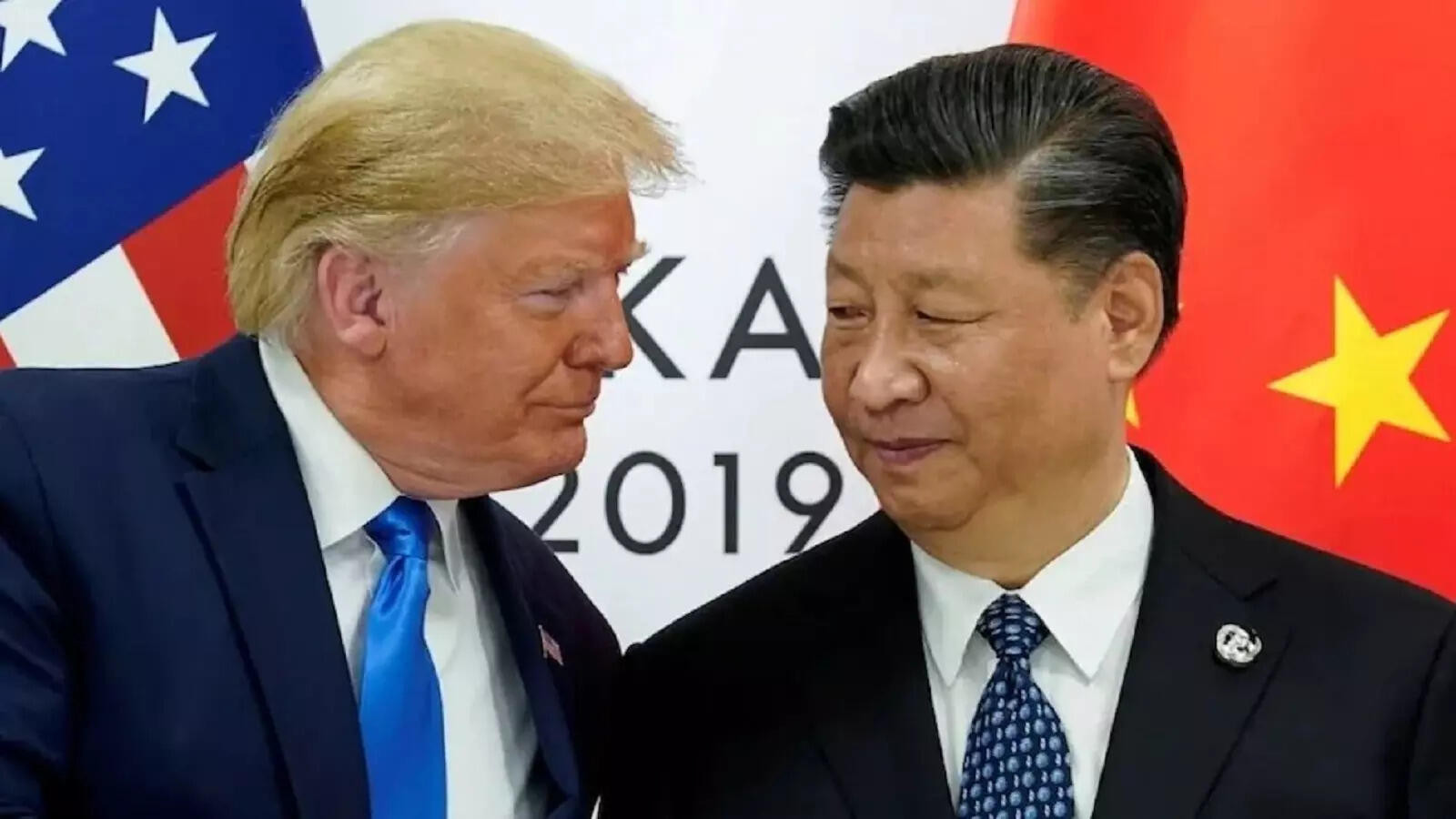US President Donald Trump’s sanctions on Russia’s Rosneft and Lukoil may compel India and China to halt crude imports. While tariffs proved insufficient, these sanctions block financial transactions, making trade nearly impossible.
The Shifting Sands of Oil: Will India and China Rethink Russian Crude?
The global energy market is a complex dance, a delicate interplay of supply, demand, and geopolitics. And right now, the music has changed. Recent moves by the US, seemingly tightening the screws on Russian oil exports, are sending ripples throughout the industry, particularly to major consumers like India and China. But will this translate into a genuine shift in their energy-buying habits? The answer, like the market itself, is multifaceted.
The initial narrative was simple: Russia, facing sanctions, would reroute its oil to willing buyers in Asia, primarily India and China. And for a while, that’s exactly what happened. India, in particular, became a significant importer of discounted Russian crude, bolstering its energy security while offering Moscow a vital economic lifeline. China, too, increased its purchases. But the landscape is evolving.
What’s different this time? The US isn’t just maintaining existing sanctions; they’re actively enforcing them in ways that are making even the most seasoned traders nervous. We’re talking about secondary sanctions, targeting entities that facilitate trade in Russian oil above the price cap set by the G7. This isn’t just a slap on the wrist; it’s a potential knockout blow for companies reliant on access to the US financial system.

The implications are far-reaching. Indian and Chinese refineries, many of which rely on international financing and insurance, are now facing a stark choice: risk running afoul of US sanctions or reduce their reliance on Russian oil. This isn’t just about the price of crude; it’s about access to global capital markets.
Decoding the Impact on India’s Energy Strategy
India’s position is particularly interesting. While the nation prioritizes affordable energy for its growing economy, it also values its relationship with the US. Walking this tightrope requires careful calibration. We may see Indian refiners diversifying their sources, perhaps increasing imports from the Middle East or even exploring opportunities in Africa. The quest for energy independence is a long game, and India is playing it strategically.
One key factor to watch is the role of Indian banks and insurance companies. If these institutions become increasingly wary of facilitating transactions involving Russian oil due to the risk of secondary sanctions, the flow of Russian crude to India will inevitably slow. This doesn’t necessarily mean a complete cessation of trade, but it could lead to a significant reduction in volume and a shift towards alternative payment mechanisms.
China’s Balancing Act: Economic Needs vs. Geopolitical Risks
China’s situation is somewhat different. While China also values its relationship with the US, it is perhaps less sensitive to the political pressure that Washington can exert. The driving force for China will be the economics of the situation. However, even Chinese companies are not completely immune to the potential impact of secondary sanctions. The desire to maintain access to global markets and technologies might temper their enthusiasm for Russian oil.
The potential for disruptions in the energy supply chain is a real concern for China, especially given the ongoing geopolitical tensions in other parts of the world. This might incentivize China to secure alternative sources of energy, including renewable energy sources, to reduce its reliance on any single supplier.
Navigating the New Normal in the Oil Market
The tightening of US sanctions on Russian oil has introduced a new layer of complexity to the global energy market. While India and China are unlikely to completely abandon Russian crude, the increased risks associated with these transactions are likely to lead to a shift in their energy-buying habits. Diversification, alternative payment mechanisms, and a greater emphasis on compliance are all likely to play a significant role in the months and years to come. The outcome will impact everything from the price at the pump to global inflation rates.
This complex situation underscores the interconnectedness of the global economy. Energy independence isn’t just about securing supplies; it’s about navigating a complex web of political, economic, and financial considerations. The decisions made by India and China in the coming months will have far-reaching consequences, shaping the future of the global energy landscape. What will they do next? Only time will tell, but the smart money is on a careful dance around the geopolitical chessboard. Consider reading about how other geopolitical events are [impacting global trade routes](internal-link-example.com).
The Future of Russian Oil Trade
The future of Russian oil trade is anything but certain, but it’s clear that the old assumptions no longer hold. Increased scrutiny, stricter enforcement, and a growing awareness of the risks involved are all contributing to a more cautious approach from major consumers like India and China. This shift will continue to ripple through the market, impacting prices, trade flows, and the overall balance of power in the global energy arena.






